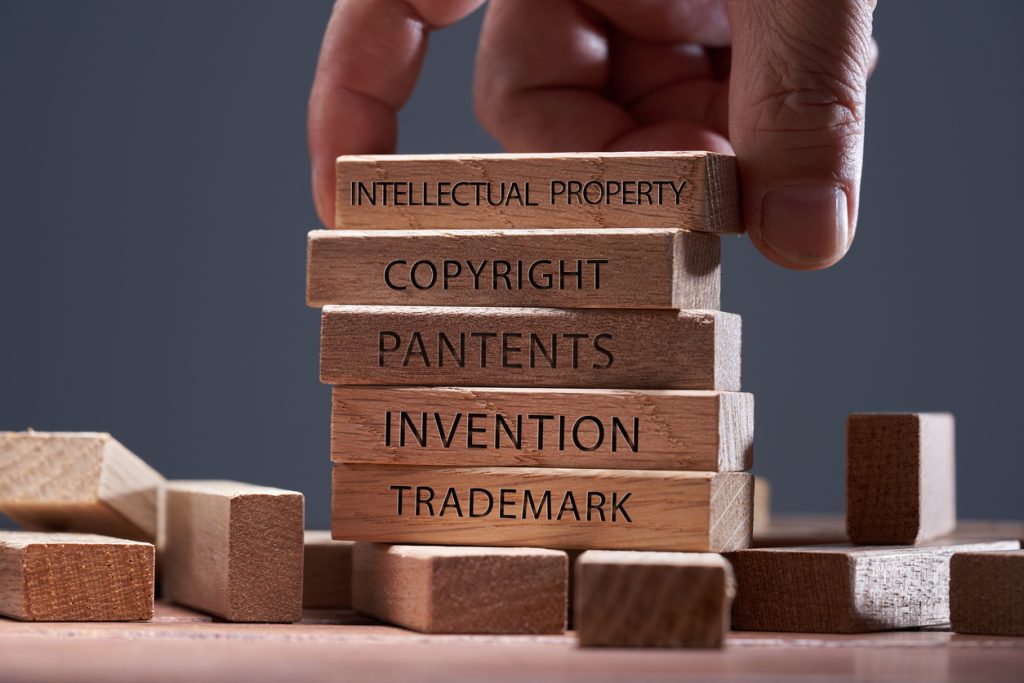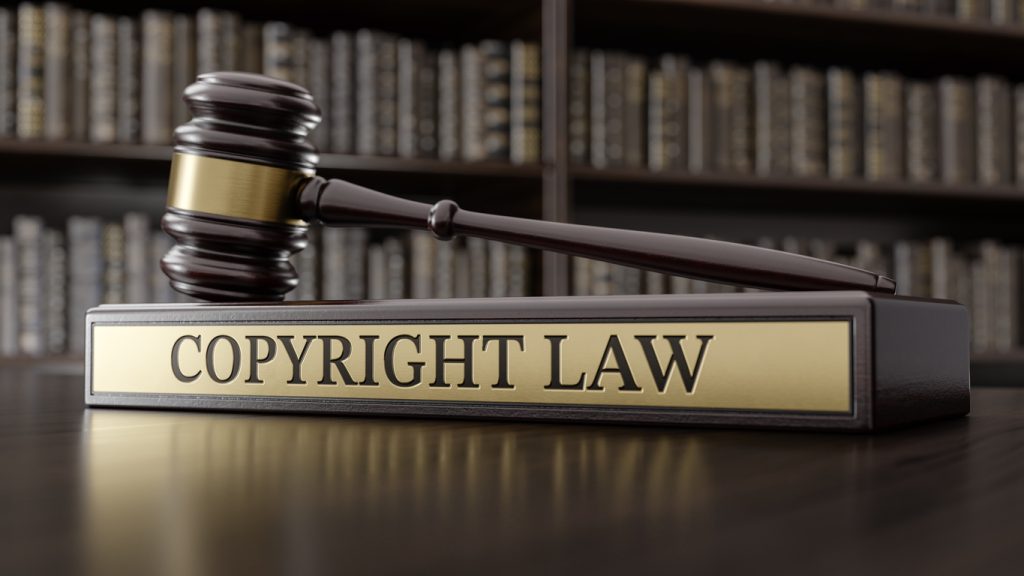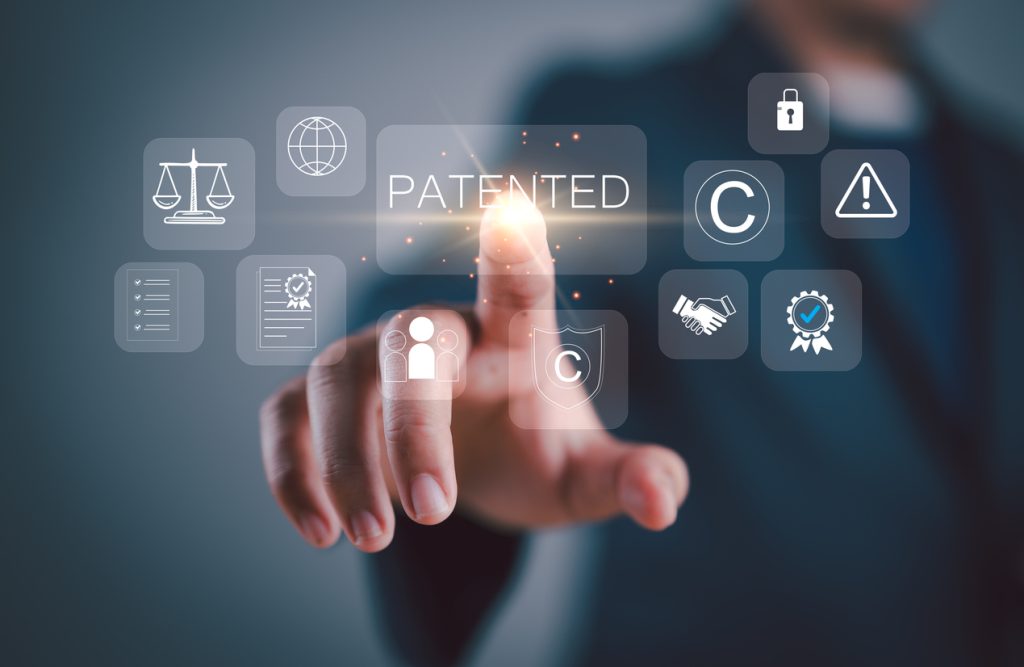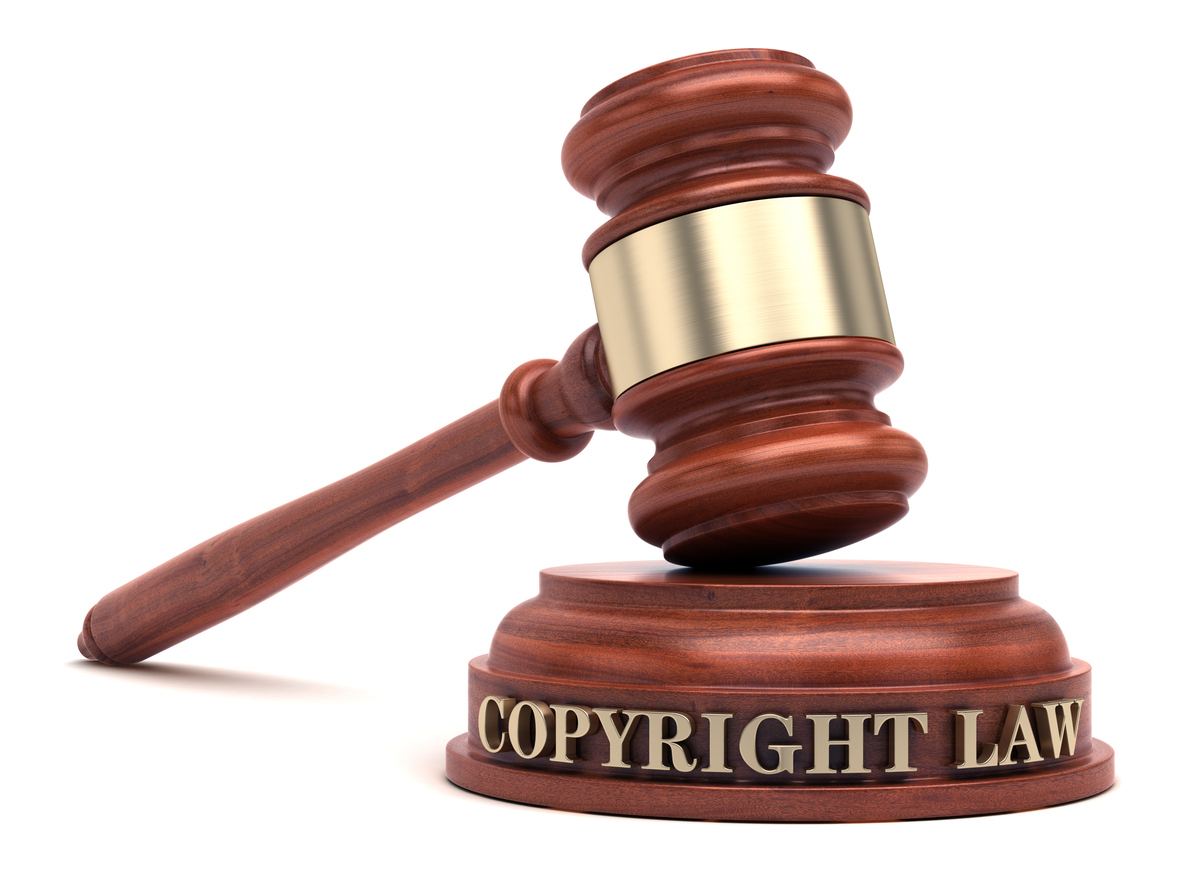Instagram is one of the most widely used platforms for visual content, storytelling, and branding. From photos and videos to captions and infographics, digital creators pour effort and originality into each post. But what happens when someone steals that content without permission? Understanding copyright law for content creators becomes essential the moment your work is copied, reposted, or repurposed without proper credit or authorization. Instagram’s open sharing model can blur the lines between public visibility and content ownership. Yet the law remains clear: original work is protected.
How Copyright Law for Content Creators Applies to Instagram Content
Photos, videos, and written captions shared on Instagram are protected the moment they are created and fixed in a tangible medium. The fact that your work is posted on a public platform does not reduce its copyright protections. Copyright law for content creators ensures that original expressions of ideas—including visual art, photography, reels, and stories—are legally owned by their creators. Even if the platform’s terms allow Instagram certain licensing rights for hosting, reposting by unauthorized users still constitutes infringement.
Determining Whether Infringement Has Occurred Under Copyright Law for Content Creators
Not every reuse of content equals copyright infringement. Reposting with permission or under Instagram’s sharing tools is typically allowed. However, saving and uploading your post as someone else’s, or stripping attribution, violates your rights. Copyright law for content creators looks at the nature of the copy, the use, and whether it alters or competes with the original. Screenshots, story downloads, and unauthorized reposts often fall into infringing behavior, especially when done for commercial or promotional purposes.
Documenting the Violation According to Copyright Law for Content Creators
The first step after discovering your content was copied is to gather evidence. Take clear screenshots of both your original post and the infringing content, including usernames, timestamps, and platform context. Copyright law for content creators favors timely documentation, especially if a legal complaint or takedown request follows. Ensure you archive your own post’s original creation date to support your ownership claim.

Reporting Infringement Through Instagram’s Copyright Tools
Instagram has a dedicated reporting process under the Digital Millennium Copyright Act (DMCA). By submitting a DMCA takedown notice, you can request that Instagram remove the infringing material. This is a direct and effective remedy under U.S. law. The form requires details about your content, a sworn statement of ownership, and contact information. Instagram then investigates the claim and typically removes the content swiftly. This tool is an enforcement mechanism that reflects how copyright law for content creators functions within digital platforms.
Why a DMCA Notice Matters Under Copyright Law for Content Creators
DMCA takedown notices place the burden on the infringer to challenge your claim. Unless they can prove they have rights to the content, Instagram will uphold your request. In addition, repeated copyright violations can lead to account penalties or suspension. Copyright law for content creators gives you power in this process, not just to remove copied content but to stop further misuse.
hen to Register Copyright for Instagram Content
Though copyright exists automatically, registration with the U.S. Copyright Office provides stronger protection. Without registration, you cannot file a lawsuit in federal court. Registering your most valuable or widely circulated Instagram content can be strategic. It enables you to pursue statutory damages and attorney’s fees. Copyright law for content creators encourages early registration, especially for creators who monetize through brand deals, merchandising, or licensing.

Internal Steps to Strengthen Legal Protection
Beyond registration, embed copyright notices directly into your visuals or captions. This alerts others that the content is protected and discourages casual theft. You can also use content monitoring tools or reverse image search to discover unauthorized uses of your work. Copyright law for content creators empowers creators who take proactive steps to defend their rights and track misuse across platforms.
Responding Legally When the DMCA Process Fails
If a takedown request is ignored or the infringer files a false counter-notice, you may need to escalate the issue. Consulting with a copyright attorney or filing a formal complaint in court becomes an option. Legal action may be necessary if the copied post damages your brand or generates income for someone else. Copyright law for content creators provides the tools for litigation, but timely registration and strong evidence are key.
Avoiding Common Mistakes in Copyright Disputes
Many creators assume that public platforms waive ownership rights. Others try to confront the copier publicly, which may complicate future claims. Avoid sending threatening messages that could later be used against you. Let the formal process under copyright law for content creators do the work. Stick to documentation, reporting, and, if needed, legal follow-up.
Educating Your Audience to Respect Copyright
Creators can also reduce theft by educating their followers. Including short disclaimers or reminders about permissions sets expectations. Transparent usage policies for collaborations and reposts also help. The culture of content sharing doesn’t have to come at the cost of creators’ rights. Promoting awareness of copyright law for content creators builds a more respectful community.
Why Copyright Law for Content Creators Still Applies on Social Media
Social media often creates the illusion that content is free for all. But the same legal standards apply online as they do in traditional media. Whether it’s a reel, a meme, a carousel post, or a behind-the-scenes clip, your content is yours. Copyright law for content creators applies the moment you create it, even before you hit “share.” The viral nature of content makes enforcement urgent and necessary.

Protecting Your Instagram Legacy with Legal Clarity
For creators building a brand on Instagram, protecting content is an investment in future opportunity. Copyright allows you to control how your work is used, distributed, and monetized. Taking steps to enforce your rights shows professionalism and ensures you’re credited for your efforts. Understanding copyright law for content creators means recognizing that digital content deserves legal respect.
Final Word: Don’t Let Theft Silence Your Voice
When someone copies your work, it can feel personal and violating. But the law is on your side. Use it. Document your content. Register what matters. Report the infringers. When creators lean into the protections available under copyright law for content creators, they shift from passive users to empowered owners. Your content has value—defend it.
